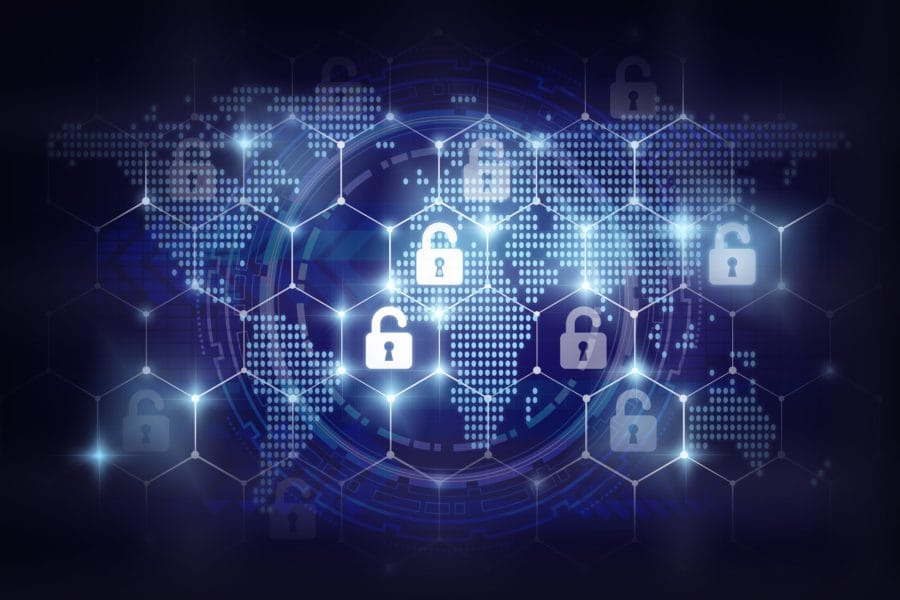Increased Security Initiatives Essential to the Future of Telework
July 28, 2020 — Many Americans will continue to work remotely for the foreseeable future, posing major security threats to institutions that are struggling to secure their digital workforces. In order to secure telework for the future, it is necessary for companies to boost security initiatives, sai












Member discussion